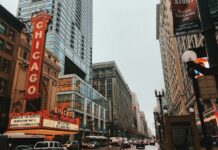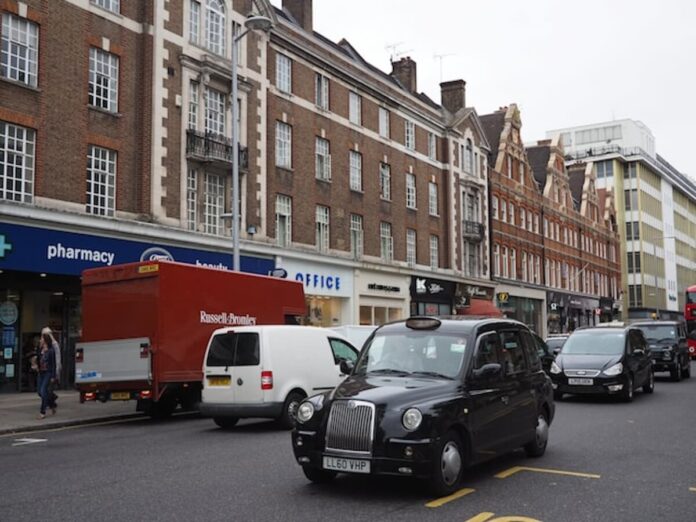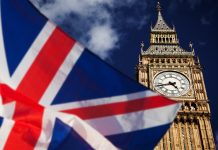More than 39 local authorities and councils, including two city mayors, have written to the UK government demanding an urgent reform of the current gambling legislation.
The coalition, led by Brent Council’s Muhammed Butt with the backing of Greater Manchester Mayor Andy Burnham, argues outdated gambling laws are preventing councils from restricting the rise in the number of high street slot machines and betting shops appearing.
Representing over 12 million constituents, the leaders of the movement argue that current laws are insufficient and deny local communities a voice in opposing the increasing number of gambling establishments popping up. They also warn that gambling operators are concentrating stores in low-income areas to maximize profits, which is leading to growing public health and safety concerns.
The movement’s letter stated, “Communities like Brent are experiencing a groundswell of land-based gambling operators… seemingly targeting areas of higher deprivation.” Notwithstanding the shared opposition from residents, police, and politicians, local councils maintain they are “effectively powerless to intervene.”
Speaking with ITV, Brent Council’s Deputy Leader, Mili Patel, indicated that the problem is the oversaturation of gambling outlets and venues rather than opposition to gambling itself.
She illustrated the notion that vulnerable communities were being targeted by pointing to Harlesden’s average income of under £24,000, which is significantly lower than the London average.
Concerns From Councils Over Slot Machines and Targeted Harm
The primary concern is the surge of B3 gaming machines, which have increased from 171,000 to 202,000 in the UK since the pandemic alone. These machines are found in betting shops, bingo halls, adult gaming centers, and pubs. Despite limiting wagering levels to £2 and prizes to £500, they are fueling an escalation in their usage across the country.
Campaigners say these machines actively serve as a gateway to more addictive gambling behaviors, too. An example in point is Sean Alexander, who started off using slot machines but later lost £50,000 through online gambling.
Will Prochaska, a gambling harm advocate, warned that shops are “targeting addicts,” noting that the allure of high street gambling venues often coaxes back gamblers who have elected to self-exclude on online betting platforms.
Prochaska also criticized the industry for pushing the burden of problem gambling onto the already stretched council services like homelessness support, police, and mental health care.
However, some councils are already taking action, such as in Liverpool, which has partnered with Liverpool John Moores University to launch a harm reduction initiative. The resulting studies revealed that 12% of adults have suffered as a result of gambling – double the national average – with 25,000 adults stating they had gambling present at home when they were growing up.
In response to the council collectives’ campaign, the Gambling Commission insisted that all operators must act if they spot signs of harm and warned that it is “tough on those who fail.” Meanwhile, the Betting and Gaming Council representatives doubled down to defend the industry, maintaining that it adheres to strict regulatory standards and that only 0.4% of adults can be classified as problem gamblers.
Despite the government reiterating its promise to introduce a statutory levy on gambling profits, which they expect will deliver £100 million in funding a year for research, prevention, and treatment of gambling harms—with councils voicing their concerns—pressure is now growing to allow more local controls over the gambling industry’s grip on high street locations.











